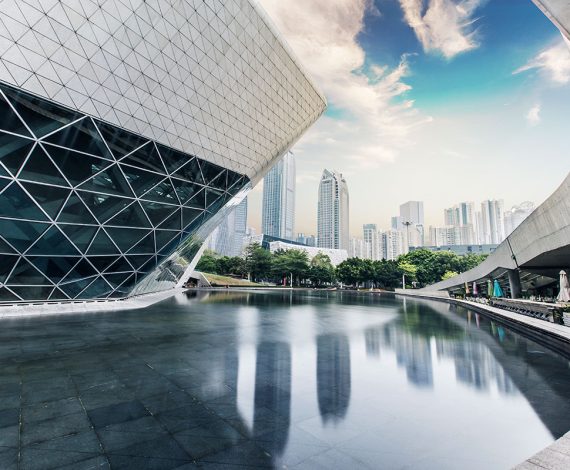

One of upcoming architecture & design practices based in Mumbai, A+I design was established by Mr Abbas Vohra in 2002. Architects and designers whose work covers a range of building types including residential projects, retail shops, office buildings and other structures, A+I has also established practice in Kenya, Tanzania & Madagascar.
In this Q&A with BERG, Mr Abbas Vohra discusses their design philosophy and the growing role of technology in design.
BERG: What is your design Philosophy?
Abbas Vohra: Rational, responsible & sustainable is the core approach of A + I design. We inspire each project regardless of size with the same enthusiasm and philosophy, to provide clients with value for money and create the best possible contemporary architecture. Minimalistic is our prime aesthetic and functional objective.
We explore how to achieve more with less, how to optimize visual and technical lightness, how to minimize our use of materials, and how to make buildings ‘touch the earth lightly’.
We seek to build delicate frameworks that house spaces for imagination and interpretation, filled with light, places which inspire, where volume and nature can be viewed, where people can live, work, and communicate. Our clients include private individuals, institutions, and companies, commercial and residential developers.
BERG: How have the new technologies affected an Architect’s thinking process? How have they impacted procedural architecture?
Abbas Vohra: Technology has been constantly evolving. Technology in architectural design does not only impart functional advantage to buildings, but also makes them look and feel good from the outside and inside. In the old days, the taste of people, quality and variety of materials and technology available were different. As a result, in many places we see old buildings that have rough, square edges and look boxy and dull.
In the modern day and age, designers use their building designs to create an identity for themselves and make something which has personality and panache.
Technology has definitely made it easy to practice architecture, Architecture analytics, or solving designing problems through better use of data, is absolutely nothing new. But every decade or so new technology takes a big leap forward and makes previous architectures obsolete.
The use of technology to design and build constructions with respect to their conditions and situations is considered to be a novel and particular concept in modern architecture. The accurate and appropriate use of technology can result in the creation of perfect and flawless designs. Hence, the sensible use of technology along with the application of local civilization is the resolution to the current challenges in architecture.
BERG: What is your approach towards sustainable (green) design?
Abbas Vohra: Sustainable design is a difficult subject to pin since it encompasses so many different things. Due to the complexity of this subject, it is important to look at the importance of green architecture in a holistic way.
Sustainable design is cleaner, has the long-term potential to be more efficient and is the only way forward for a growing world economy. People already use a huge amount of the earth’s non-renewable resources to live their everyday lives. As more people join them, more of these resources are needed and the faster these resources are depleted.
Sustainable design will be the only available option for cities and regional development. It is simply a matter of time. The question is whether humans have the will to make the transition toward sustainability on their own terms or will they have to be forced to make a rapid transition when all the other options finally run out.
BERG: Do Indian architects stand up to a global benchmark?
Abbas Vohra: Absolutely yes, we ourselves practice in India, Kenya, Tanzania & Madagascar which are most popular amongst the developing countries in the globe; the demand for the Indian architects in international market is enormous.
Article shared from http://www.bizexcellence.com.sg/article/abbas-vohra
Courtesy of Berg Team


